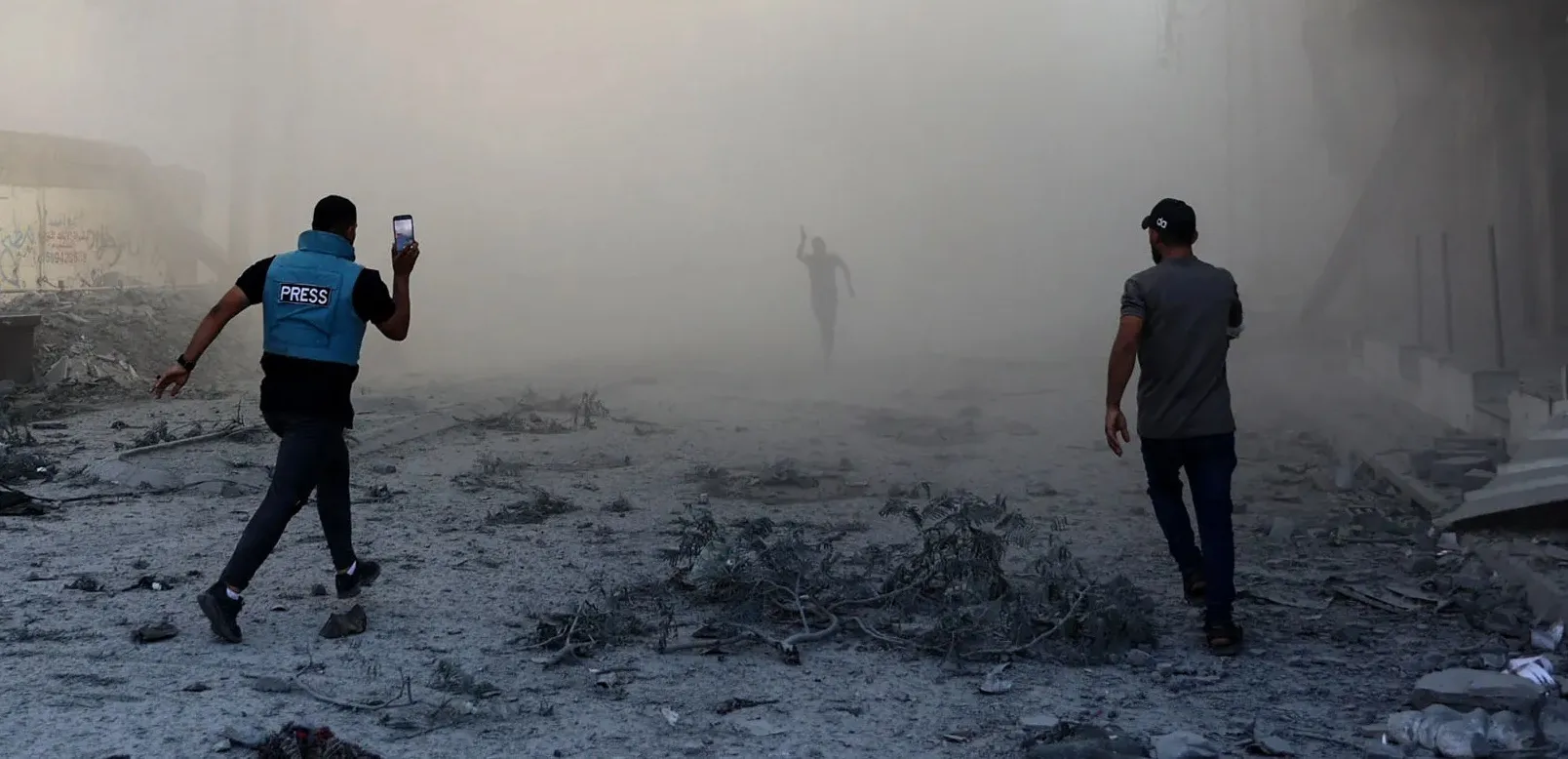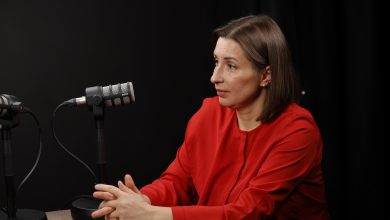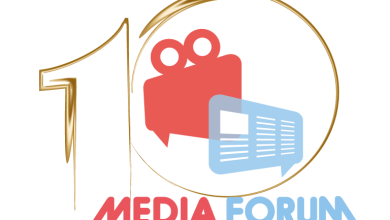Report // Media coverage of the Israel-Gaza conflict by some news websites from the Republic of Moldova

Hamas’ October 7th attack on Israel and the subsequent invasion of Gaza launched a massive wave of news coverage all around the world. In disseminating information about the conflict itself as well as the larger historical and religious context, media organizations have approached the events from a variety of political and social perspectives. In the case of the Republic of Moldova, several media outlets monitored by the Independent Journalism Center (IJC) have met professional and ethical standards, according to a late-September report by the Media Diversity Institute (MDI) and five European partner organizations as part of the Get the Trolls Out! project.
The study targets media outlets from six European countries (Belgium, France, Hungary, the Republic of Moldova, Poland, and the United Kingdom) and looked at how they covered the topic of the conflict between Israel and the Gaza since the attack of October 7th, 2023, to mid-July 2024. The materials were analyzed based on several criteria: presence of bias, use of offensive words and stereotypes, specific terminology.
Media monitoring in the Republic of Moldova included about 250 press materials, published and broadcast by Radio Moldova, Radio Chisinau, Jurnal TV, Unimedia.info, and Stiri.md.
The report mentions that most of the materials about this conflict published in Moldova were not original texts, but materials (reports and news) taken from international media organizations. Thus, in terms of bias, for the most part, the articles published and broadcast did not present obviously biased opinions. “In most cases, the media content published by the monitored media from the Republic of Moldova was in accordance with professional and ethical standards,” the authors claim.
In the journalistic materials published and broadcast in Moldova, no exceptions were observed even in terms of the use of offensive words and stereotypes. This is because “even the information from the first cited source did not use terms and expressions derogating from ethical and legal provisions.” However, hate speech and discriminatory language were present in the comments posted under some of the articles. For example, several comments on the websites Unimedia.info and Stiri.md portrayed Muslims in extremely negative terms: “savage people,” “very dangerous,” “truly believe that unfaithful people must be killed,” and “Europe will welcome them as refugees, but they will terrorize Europe.” Regarding antisemitism, “most news that showed the opposition to the Israeli government did not promote antisemitism. Thus, for instance, Jurnal TV published an interview with a representative of a civil society organization – Jewish Community in Moldova – who said that the level of antisemitism had lately increased dramatically in Moldova and all over the world.” In general, “the monitored media only informed about cases of antisemitism and official and unofficial opinions on it.”
Regarding the terminology for October 7th attack and invasion of Gaza, the use of terms such as “attack”, “offensive”, “genocide”, “massacre” etc. was examined. In Moldova, the respective terms were used according to the provisions of the editorial policy of international media cited by Moldovan media. Sometimes different terms were used in the same news to describe the events. Regarding the assault on Gaza, the word “genocide” was mostly used in news reports about international institutions investigating accusations against Israel, as well as in readers’ comments under these articles.
The term “genocide” referring to the invasion of Gaza appears in the media of other monitored countries, too. Thus, in Belgium (French-speaking), the media tend to refer to the October 7th events as a “massacre” or as “attacks”. At the same time, the invasion of Gaza has frequently been described as “genocide”. Use of the term increased after the International Court of Justice ruled in January 2024 that there was a “real and imminent risk” of Israel committing genocide in Gaza. “Even if, most of the time, they use it in brackets, the fact itself that it is used makes people think of the conflict in general and the situation in Gaza in particular as genocide,” the GTTO report says. “The media in general do not define what is meant by the term, which is also used widely by individuals in social media comments and posts,” the same study cites.
In Hungary, the media used terms such as “terrorist attack” and “Hamas massacre” when referring to October 7th. But as events have moved rapidly, “even within the same article, the authors use different expressions to describe the evolving situation.” At the same time, given that the matter is before the International Court of Justice, numerous articles have explored the legal meaning of “genocide” and methods of bringing perpetrators to justice.
“In the UK, for example, many media outlets, including left-wing ones, characterize the October 7th attack as a ‘massacre’, with frequent use of terms such as ‘survivors’ to evoke strong emotional reactions,” the GTTO document says. Right-wing media in the UK rarely use terms like “genocide” or “ethnic cleansing” when discussing the Gaza assault. “Most often, they frame it as retaliation from Israel and typically do not condemn these actions.” The BBC tends to alternate between the two views. “Nonetheless, these media have reported on the accusations of genocide against Israel before the International Court of Justice,” reported MDI.
In Poland, the use of the word “genocide” was combined with “the trope of depicting Israel as a direct descendant – or an incarnation – of Nazi Germany … a common feature of the antisemitic discourse in the post-October 7th context.” Grzegorz Braun, an antisemitic member of the Polish Parliament, declared that Hanukkah was a festival of “dark, wild, racist, tribal Talmudic worship,” “an act of racist resentment,” and “a celebration of a Jewish genocide of non-Jews.”
In conclusion, the authors of the report mention that regardless of which side of the conflict has been favored or disfavored by some media outlets in each country, the widespread dissemination of materials in the media clearly has the potential to generate tensions.
The article has been prepared in the framework of the project “Get the Trolls Out!”, the fifth phase of a program to encourage young people to fight against religious discrimination and intolerance in Europe. As part of this project, the IJC has the task of monitoring several media outlets in terms of the way in which they cover religious topics.


